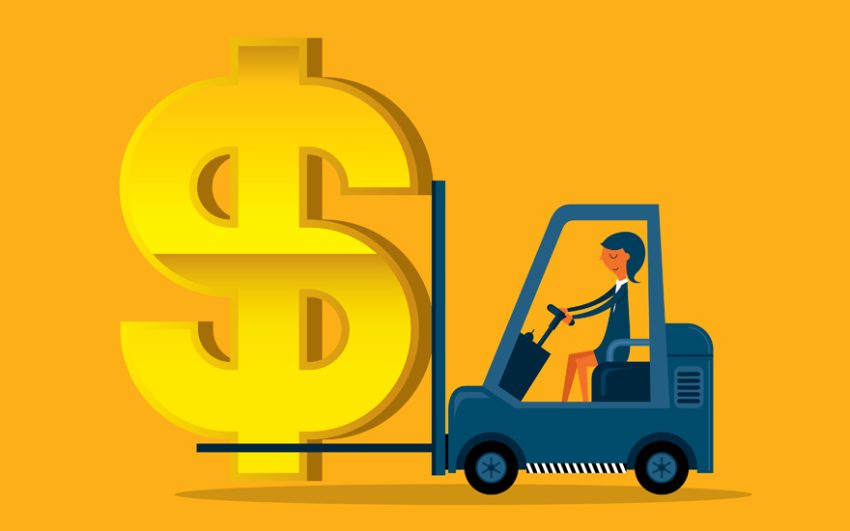If you feel like you can’t dig your way out from under your debt, you’re not alone. There are trillions of dollars in mortgage, student, and credit card debt in the US, so many others know how you feel.
Don’t buckle under the pressure; build a plan to make your debt more manageable! Start by asking yourself these questions:
1. Am I paying down my principle each month?
2. Am I satisfied with the interest rates I’m paying on my debt?
3. Do I have any money left over after making my monthly debt payments and covering my living expenses?
If you answered ‘no’ to any of these, it might be time to take action to address your debt.
In addition to becoming more deliberate about living within your means, the following strategies can be used to help better manage your debt: lowering your interest rates and increasing the term (or length) of your loans.
Let’s start with your installment loans. These are loans with fixed monthly payments, which include mortgages, car payments, and student loans. Each of these has its own interest rate, set at the time the loan began. Interest rates are relatively low right now, so it’s a great time to see if you can refinance your installment loans at a lower rate.
If refinancing, consider lengthening the term of the loan as well. If you do, your monthly payments may drop. Keep in mind: a longer term means you might pay more interest over the life of the loan. But, if you’re struggling to make ends meet right now on basic expenses, the longer-term cost might be a trade-off that makes sense for you.
Also be aware that, should you refinance your student loan by taking a Federal loan to a private lender, you may lose the flexible payment plans offered on Federal loans. Bottom line: make sure you’re fully informed on what you might be giving up for a lower interest rate before you make any changes.
In addition to installment loans, you may also have credit card debt. Many people find this “revolving” credit hard to manage because it’s up to you to determine payments. And, if you consistently pay only the minimum due, your debt can snowball.
If you’re paying above 10% interest on your card, go to a bank or credit union and inquire about a consolidation loan. These loans pay off your credit card debt and turn that debt into an installment loan with fixed payments for a fixed period of time. You may get a substantially lower interest rate and a term that allows you to better meet the monthly payments.
Remember, the goal of consolidating is to pay off your debt, so don’t be tempted by the zero balance! If you consolidate your credit card debt and continue to use your cards, make sure you pay off any new balance(s) each and every month. You may even want to try to avoid using the cards altogether until the consolidated loan is paid off. If you run up your credit card debt again, you’ll be in a worse position than before.
With a little bit of work and a well-thought-out strategy, you can lighten your debt load. And if you persevere, it’ll be just a matter of time before you’re debt-free.
Is there a financial topic you’d like to read about? Let us know at editor@royalneighbors.org.
This article is for informational purposes only, you should not construe any information provided as legal, tax, investment, or financial advice. No reader should make any investment decision without first consulting his or her own financial advisor and conducting his or her own research and due diligence.


